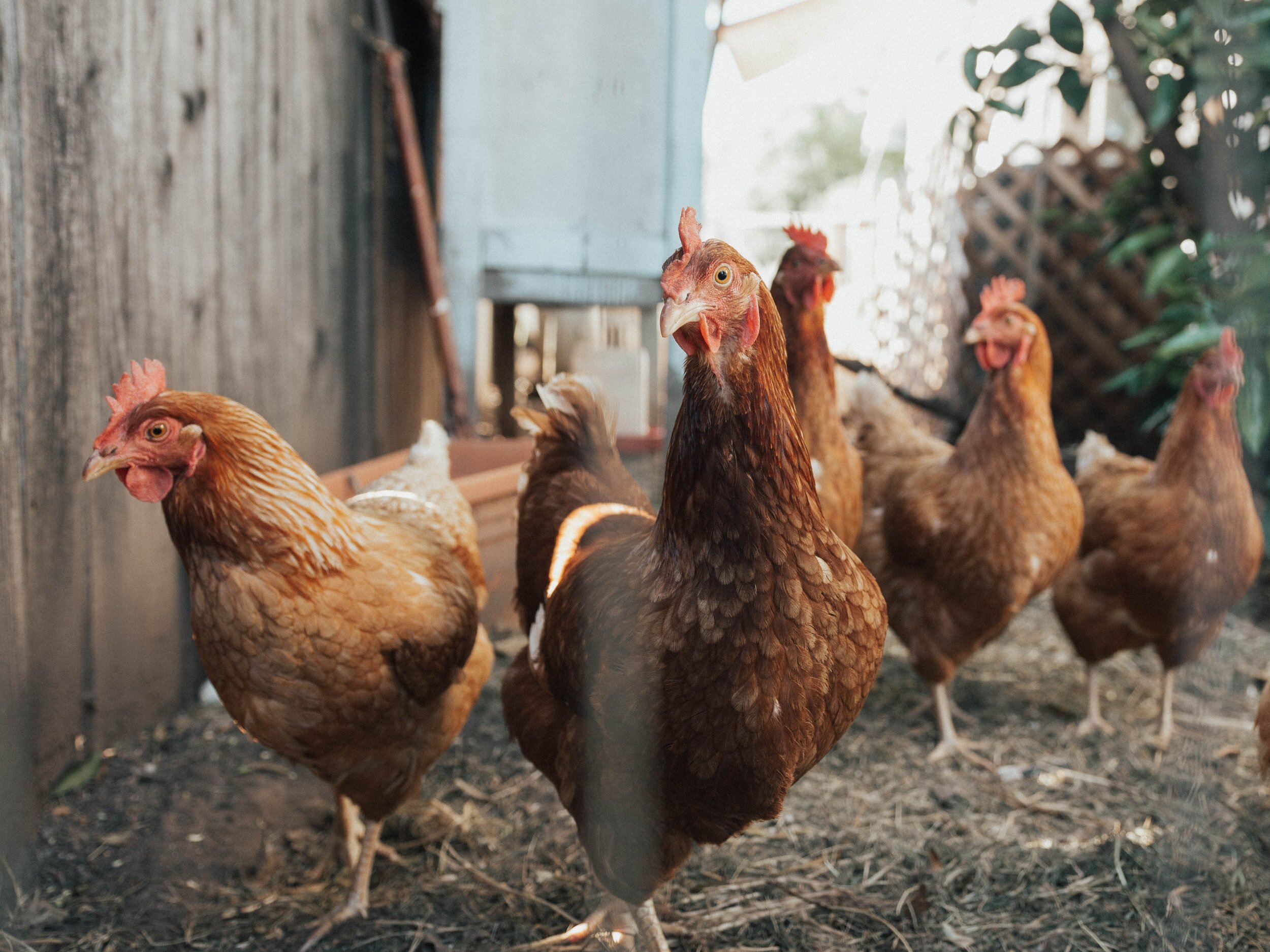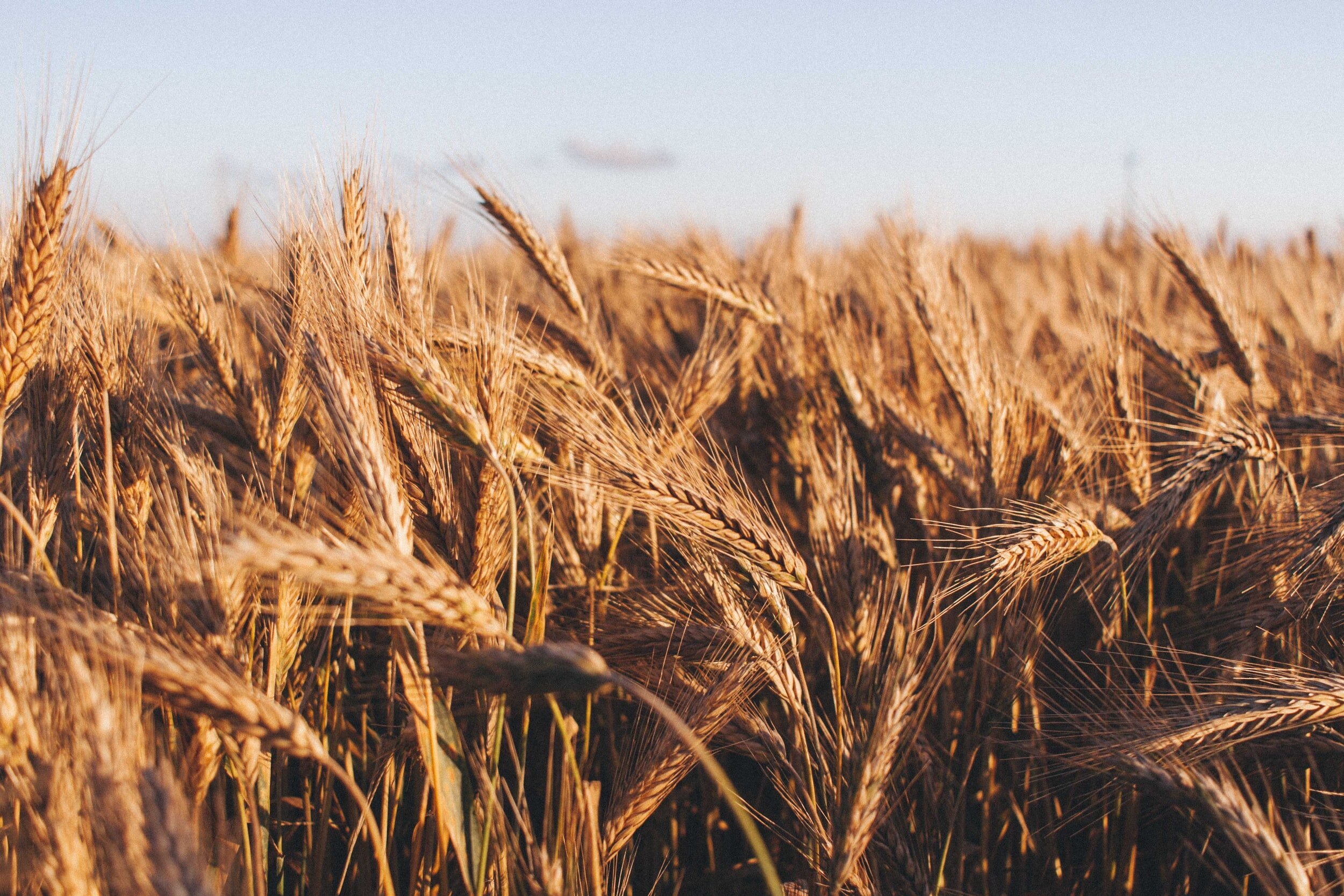A review of the EAT-Lancet Planetary Health Diet
Content warning: This article contains information about food and diet.*
“We are what we eat”—The German philosopher Ludwig Feuerbach used this famous phrase during the German revolution, but it feels like the phrase rings truer today than ever with ‘the world’ being what we ‘humans’ eat. Welcome to the Anthropocene era! The era which, according to the Oxford English Dictionary, is “the period during which human activity has been the dominant influence on climate and the environment”.
In an attempt to counter this, the EAT-Lancet Commission brought together agricultural, food system, and medical researchers to review available evidence and develop dietary guidelines for a diet that was “good for the planet and good for us” called ‘The Planetary Health Diet’. EAT is a non-profit aiming to transform our global food system by supporting science and creating partnerships between agriculture, food industry, and health professionals. EAT partnered with the Lancet and commissioned a report “Food in The Anthropocene: the EAT-Lancet Commission on Healthy Diets From Sustainable Food Systems.” For this edition’s theme of Reimagining Global Health, we reviewed the EAT-Lancet report, it’s Planetary Health Diet, and tested some of the recipes on the commission’s website, the “EAT Forum”.
Understanding the background of the Planetary Health Diet
It is well known that food choices and diet are key factors in the health of individuals and populations. A diet high in sugar, fat, and processed foods is linked to increased rates of cardiovascular disease, diabetes, cancers, and obesity. Approximately 2.1 billion adults are overweight or obese. At the other end of the spectrum, many parts of the world are affected by malnutrition. Alarmingly the report summarises: “Unhealthy diets pose a greater risk to morbidity and mortality than does unsafe sex, and alcohol, drug, and tobacco use combined.”
Summarised by the concept of planetary health, we also know that human health is dependent on the earth, its natural systems, and the wise stewardship of those systems. Our food systems are the largest contributor to global environmental change and are responsible for 30% of greenhouse gas emission. Further, monocultures have taken over with 75% of the food we eat coming from only 12 plants and 5 animals, destroying biodiversity. At the end of the food supply chain, disturbingly about 30% of all food is wasted, which significantly contributes to greenhouse gas emission. We have known for the last few decades that these problems have devastating consequences on the world’s ecosystem, and on our own health and wellbeing. Yet, there had been limited research on effective interventions and targets needed that could address both these human and environmental issues.
Images Credit: Unsplash
Left: Chicken, one of the 5 animals that make up the majority of our food
Right: Wheat, one of the 12 plants that make up the majority of our food
In response, the EAT-Lancet Commission assessed the existing scientific evidence and developed universal targets and a framework for sustainable human and planetary health, with one of the recommendations being the Planetary Health Diet. It recommends that half of each meal should comprise fresh vegetables and fruit, and the remaining half should be made up of whole grains and plant proteins; some unsaturated oils; and optional, moderate amounts of animal protein, dairy, sugar, and starchy vegetables. In addition, it proposes changes to agriculture, food systems, and food waste management to reduce greenhouse gas emission and pollution. It emphasises a “flexitarian” approach—either a completely plant-based, or an optional omnivore diet with low to moderate consumption of animal products: fish twice a week, and poultry or red meat once a week. Dairy products include a glass of milk, some cheese or butter, and just under two eggs per week. The potential impacts of these suggested dietary changes on diet-related disease were calculated and found to have significant health benefits with an estimated 11 million deaths prevented per year, representative of 19–24% of total deaths among adults. Further, it describes how changes in agriculture and food systems can help to maintain local ecosystems and the stability of the Earth system.
Although the Planetary Health Diet is laudable and much-needed guidance on how to address this insurmountable problem, it caused a lot of controversy. The commission emphasises that the diet can be adapted to fit with local cuisines and cultures, yet it was not adopted by the World Health Organization. This is because global adoption of the Planetary Health Diet could destroy traditional foods, cultural heritage. There were further concerns over loss of consumer freedom of choice, loss of jobs in animal husbandry and food industries, and that the Planetary Health Diet deems “unhealthy”. The UK Agriculture and Horticulture Development Board and the National Farmers Union have also criticised the report for not taking the local environment and sustainability into account. For example, they suggest that animal protein is more sustainable in the UK than plant protein which the UK would mostly need to import. The recommendation for increased nut consumption has created controversy about water usage. Furthermore, it has been estimated that 1.58 billion people, 80% from middle-income countries, would not be able to afford the cost of this diet. Criticism also included erroneous modelling and lack of transparency from authors who were funded by MatPrat, an information office financed by the Norwegian meat and egg producing farmer.
Trying the Planetary Health Diet
Image Credit: Unsplash
Falafel
To put the diet to the test on a personal level, we decided to try some of “EAT’s one-week dinner menu” recipes as promoted on the commission’s website. We tried the baked cod with creamy pesto, falafel with beetroot hummus, and easy chicken ramen soup. The chicken ramen soup was a somewhat surprising inclusion, due to our own assumptions that meat is inherently bad for the environment and should be avoided. However, researchers at the Environmental Working Group have found that chicken is the most sustainable choice of meat and in small amounts can be part of an environmentally friendly diet, especially if it is locally sourced and grass-fed. In any case, the recipe was easy to follow and delicious. A few elements were tricky to come by such as nori, but most ingredients could be considered store-cupboard staples. Although maybe not as flavoursome as traditional ramen, it would make a good mid-week meal, as preparation and cooking time were low. The recipe also suggests swapping out the chicken with tofu, tempeh, or seitan and replacing the chicken stock with vegetable broth for a vegetarian friendly version. As part of the recommendation to increase consumption of pulses and legumes, we also made the falafel with beetroot hummus. The falafel were quite soft, yet still delicious, and the beetroot hummus was a definite favourite and quickly devoured. To follow the plan's recommendation of regular fish consumption we also made the baked cod with pesto. Cod, according to the Marine Conservation Society, can be sustainable fish depending on its source and fish approved by the Marine Stewardship Council is generally thought of being the best choice. Having considered fish to be more time consuming to make, this was simple to prepare, delicious and overall an easy crowd-pleaser. Testing these recipes, purposefully buying food, reviewing their origins, and having guidance on portion sizes increased our awareness of how mindlessly sometimes we consume without taking stock of our food choices.
However, to conveniently weave the environmental recommendations into day-to-day life whilst food shopping or eating out, clearer information and labelling about the carbon footprint and environmental burden of food choices may be helpful. Coincidentally, a number of organisations are planning on piloting such eco-labels in the near future, and if successful, will be rolled out. These also bring their own complexities with them such as unreliability due to a lack of independent validation, regulation, cost, and ‘greenwashing’ (conveying a false impression of products being environmentally friendly to increase public appeal). The availability, affordability, and sustainability of the changes suggested by the Planetary Health Diet equally need addressing in order for the diet to be accessible to all. It is also important to note that the Planetary Health Diet is just one of the recommendations, and the report also emphasises that changes to agriculture, food policy, and land and water governance are also required.
Overall, despite this controversy, the main messages of eating more fruit and vegetables whilst reducing animal products, refined sugars, and saturated fats make sense. Also the evidence for a whole systems approach, rather than an individual approach, is vital. It is undeniable that change is needed for our own health and the health of the planet. You can find out more about the EAT-Lancet Commission here: https://eatforum.org/eat-lancet-commission/
*If you are struggling with your relationship with food you can find help via BEAT. All information posted is merely for informational and educational purposes. It is not intended to substitute professional advice. Should you decide to act upon any information on this website, you do so at your own risk.




